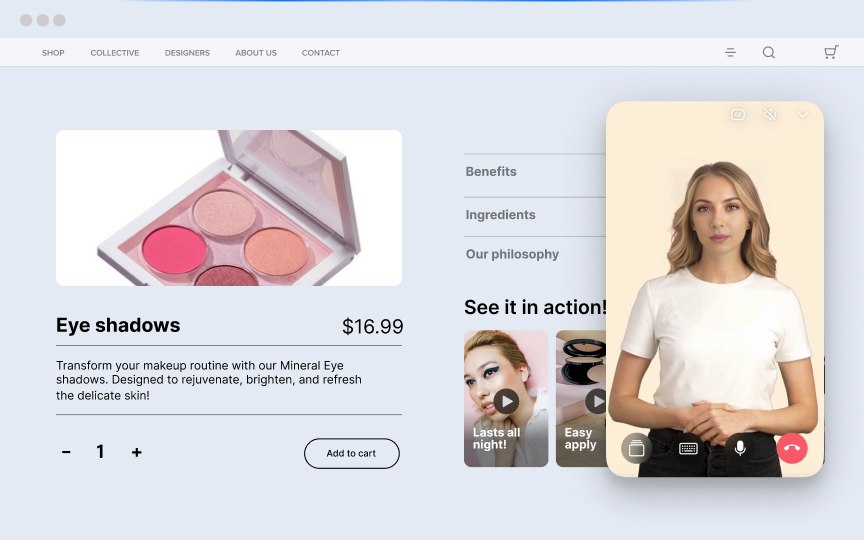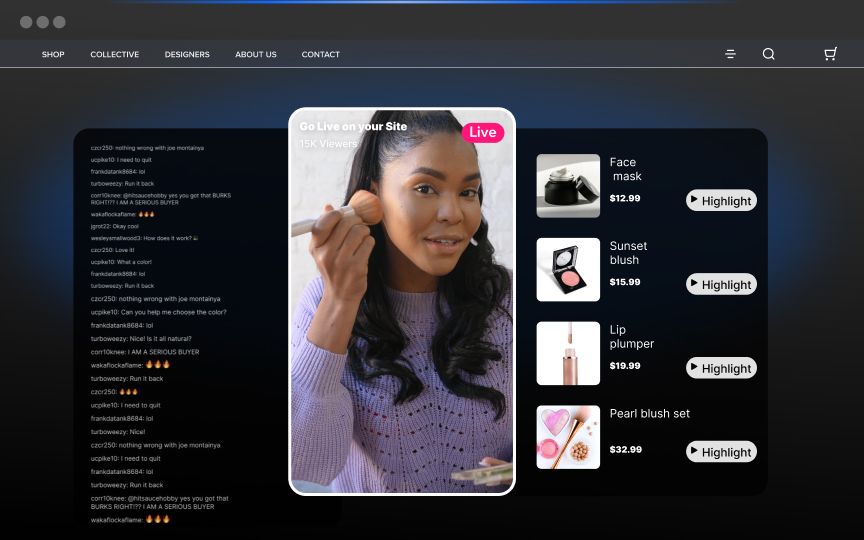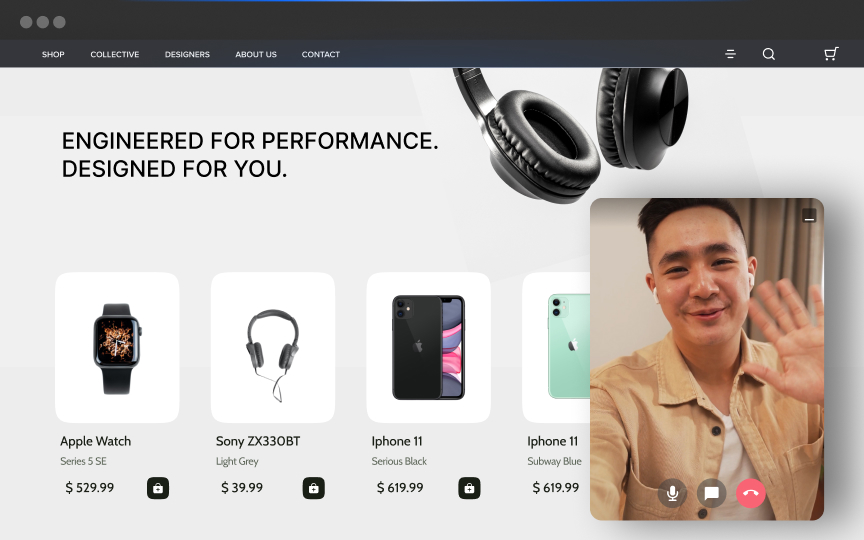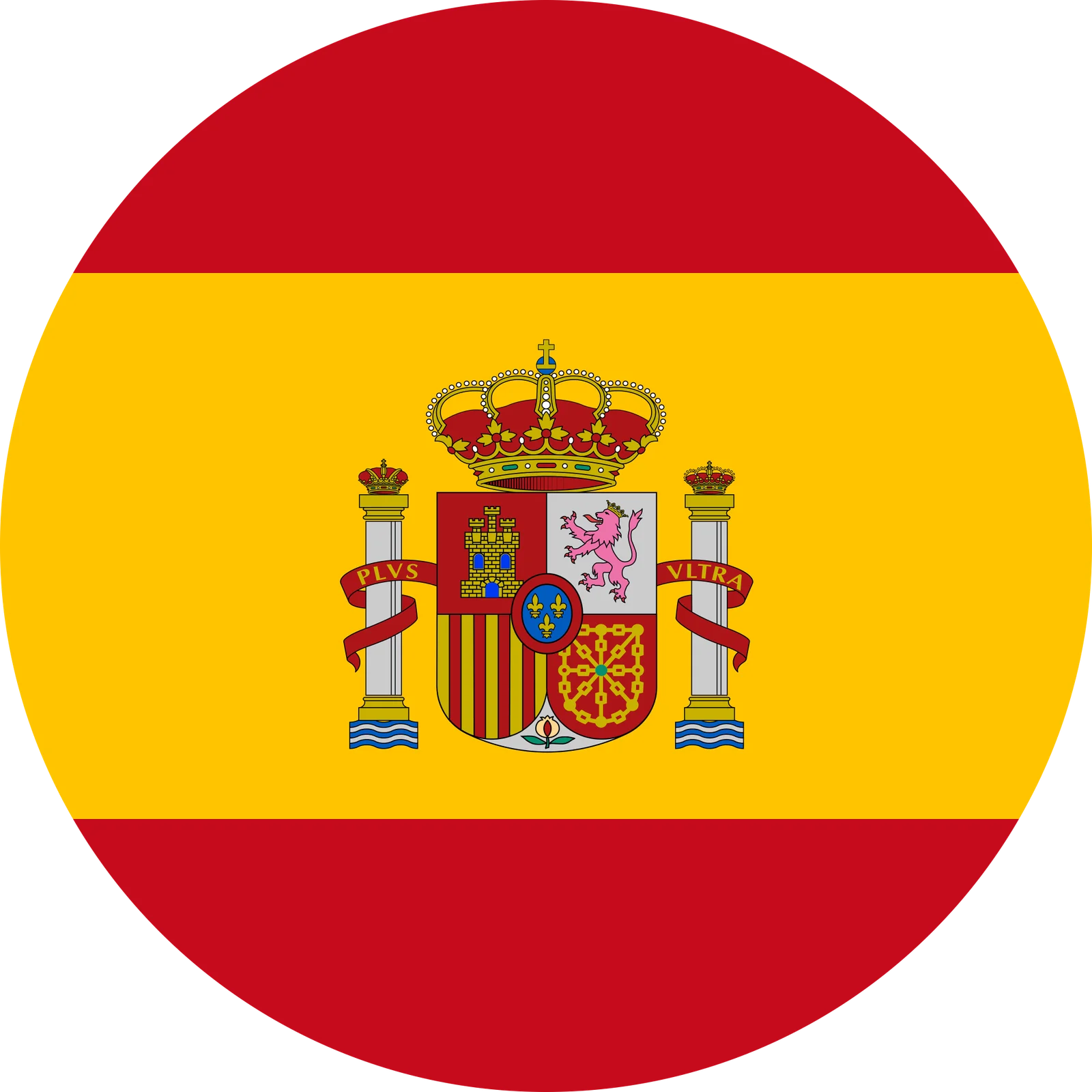In the fast-paced world of the modern workplace, effective communication is not just a valuable skill; it's a cornerstone of success. Just as in our personal lives, the words we choose in our professional interactions can shape outcomes, influence perceptions, and define our trajectory. Rudyard Kipling once wisely remarked, "Words are, of course, the most powerful drug used by mankind." This holds especially true in the context of workplace communication. Especially now as organizations explore the dynamics of employees working remotely/hybrid/in-office settings.When we are deeply engrossed in our daily tasks, it's easy to overlook the profound impact our words have on our work environment and our colleagues. In the whirlwind of meetings, emails, and projects, we often forget to allocate time for self-reflection and mindfulness. Yet, just as personal "me" time can rejuvenate the mind and foster attentiveness in our personal lives, it can be equally beneficial in the context of workplace communication. Taking a step back to consider the words we use in professional interactions can lead to more effective communication and improved outcomes.Positive workplace communication starts with being mindful of the words we use. They can set the tone for a collaborative and supportive work environment. Consider the impact of simple changes in language in the workplace:Positive Framing:
- Instead of saying: "This is impossible," say: "This is challenging, but we can find a way."
- Instead of saying: "That won't work," say: "Let's explore other options."
Encouragement and Appreciation:
- Instead of saying: "You messed up," say: "I appreciate your effort; let's learn from this."
Constructive Feedback:
- Instead of saying: "You're doing it wrong," say: "Here's a suggestion to improve."
- Instead of saying: "The idea is flawed," say: "The idea has potential; let's refine it."
Teamwork and Collaboration:
- Instead of saying: "I can't do this alone," say: "I could use some help; can we work on this together?"
Problem-Solving:
- Instead of saying: "There's no solution," say: "Let's brainstorm potential solutions."
- Instead of saying: "We've tried that before," say: "What can we learn from our previous attempts?"
Open-Ended Questions:
- Instead of asking closed questions like, "Did you understand?" ask open-ended questions like, "What are your thoughts on this?"
Empathy and Understanding:
- Show empathy by saying, "I understand how you feel," when someone is going through a tough time.
- Ask, "Is there anything I can do to support you?"
- Instead of "That's not a big deal," say "I understand your concern, and we can address it."
Clarity and Transparency:
- Instead of vague statements like, "We'll see what happens," say: "Here's our plan moving forward."
- Clearly communicate deadlines, expectations, and goals.
Active Listening:
- Instead of "You're not listening," say "I think there might be a misunderstanding, let's clarify." This approach addresses communication issues constructively and promotes active listening
Conflict Resolution:
- Instead of escalating conflicts, aim for resolution through phrases like: "Let's find a way that works for all of us."
In today's dynamic corporate landscape, the world is undeniably shrinking as businesses expand their global footprint, transcending geographical boundaries. Our organizational teams are no longer confined to local or regional talent pools but are enriched with diverse perspectives from around the world. Furthermore, we find ourselves navigating the intricate tapestry of a multigenerational workforce, with Gen Z emerging as a pivotal generation. In this context, it becomes paramount for us to recognize and harness the transformative potential of our communication. The words we choose hold the key to fostering cohesion, collaboration, and understanding among our diverse team members.Being mindful of the words we use to communicate in a diverse workplace is of paramount importance. Language is a powerful tool that can either foster inclusion and understanding or perpetuate stereotypes and divisions. When we choose our words thoughtfully, we create an environment where everyone feels valued and respected, regardless of their background or identity. Inclusivity begins with language, as it shapes our perceptions and interactions. By being mindful of our words, we can promote open dialogue, bridge cultural differences, and promote a sense of belonging among all employees. It not only enhances collaboration but also contributes to a more harmonious and productive workplace where the rich tapestry of backgrounds and perspectives is celebrated. Book a meeting with Firework today!
Unlock Exclusive Insights
By submitting this form, you agree to Firework's privacy policy and consent to receive personalized marketing communications. You can unsubscribe at any time.































